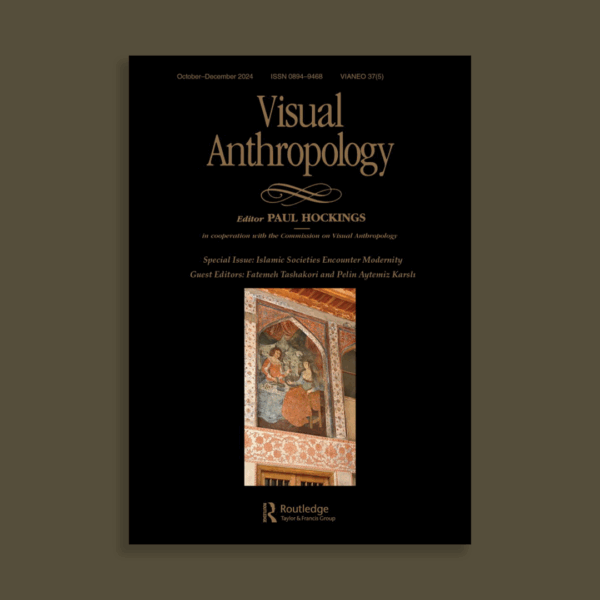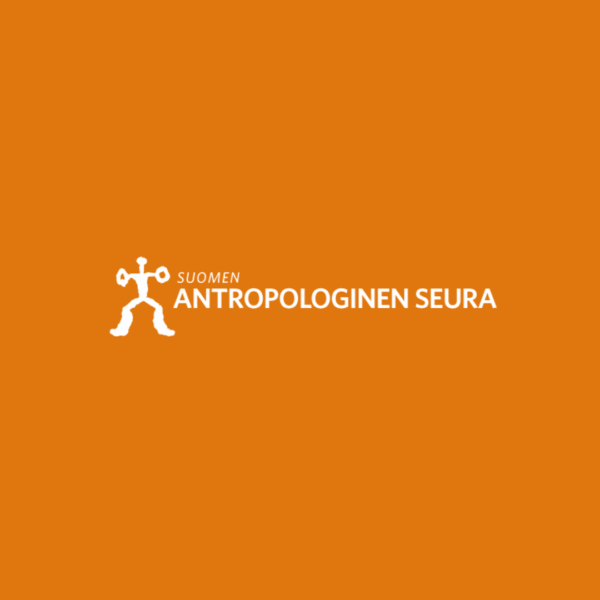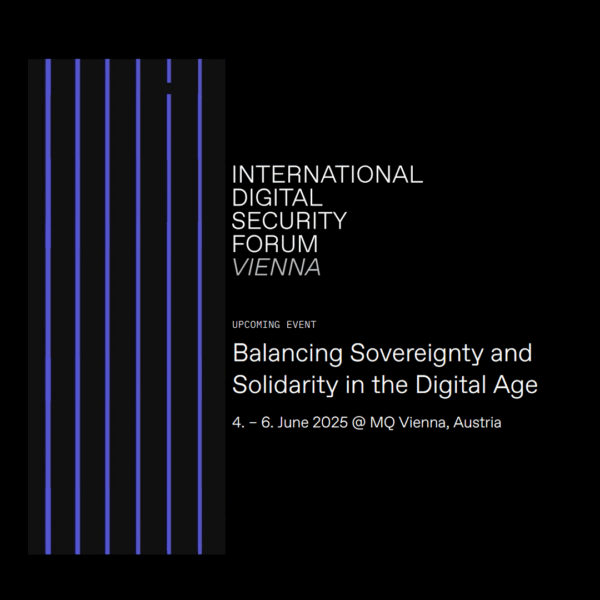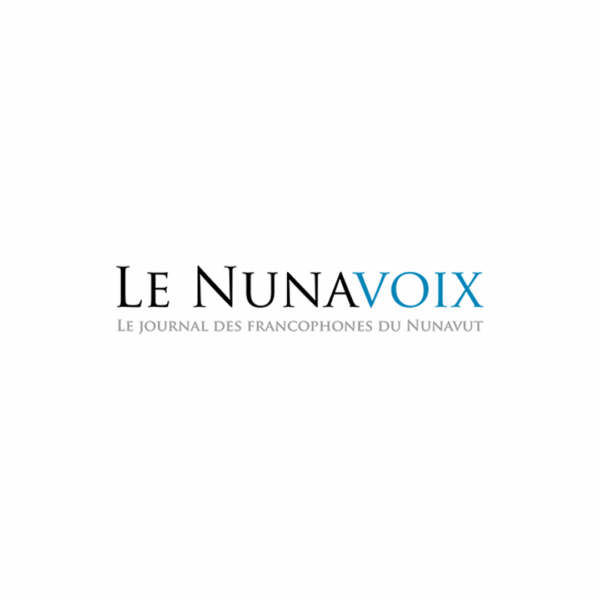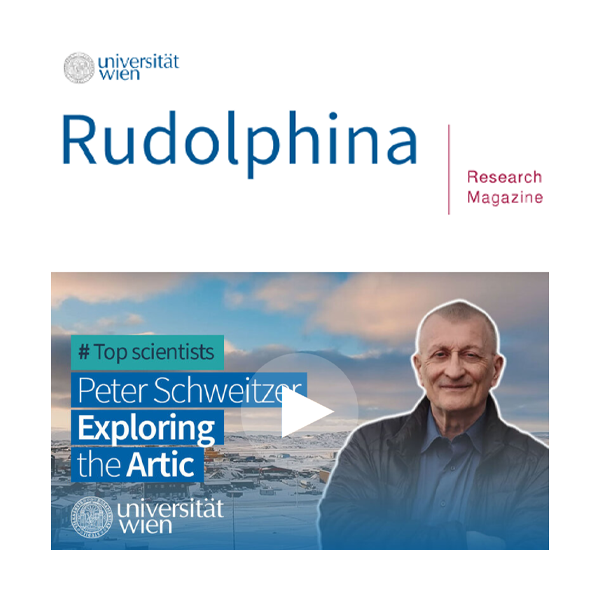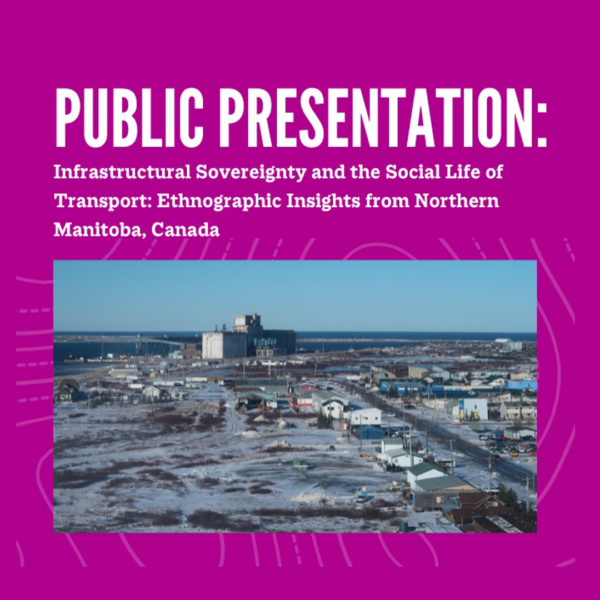March 22, 2022: Webinar with Peter Schweitzer “Crossroads, Ice Curtain & Chokepoint: Bering Strait Over Time”
Webinar with Peter Schweitzer
The Bering Strait, the body of water that both separates and binds together the USA and the Russian Federation, has been an area of heightened world historical significance ever since it formed a land bridge between Northeast Asia and Northwest North America at the end of the last Ice Age that enabled the peopling of the Americas. Despite these deep historical connections, the talk will focus on the region’s more recent history since the late 19th century. This history has been characterized by indigenous cultural contacts, imperial ambitions, resource extraction, as well as infrastructural projects and plans. The story of these entanglements will be told along the lines of several research projects led by the speaker and spanning the last 30 years, ranging from “Traveling Between Continents” to “Moved by the State” to “Building Arctic Futures (InfraNorth)”. The latter, a recently commenced ERC project, focuses on the nexus between transport infrastructures and the well-being of Arctic communities. The Bering Strait is a chokepoint for Arctic maritime traffic between the Atlantic and the Pacific, no matter whether transportation is routed via the Northern Sea Route or the Northwest Passage. While the geopolitical and strategic significance of the Bering Strait has been great throughout the 20th century, the invasion of the Ukraine will undoubtedly lead to making the 80 kilometres separating Russia from its eastern neighbour into even more volatile waters. Notwithstanding these global dimensions, the talk will be anthropological in nature and focus on the local scale.
March 22, 14:00 (13:00 CEST)
University of Helsinki Website
